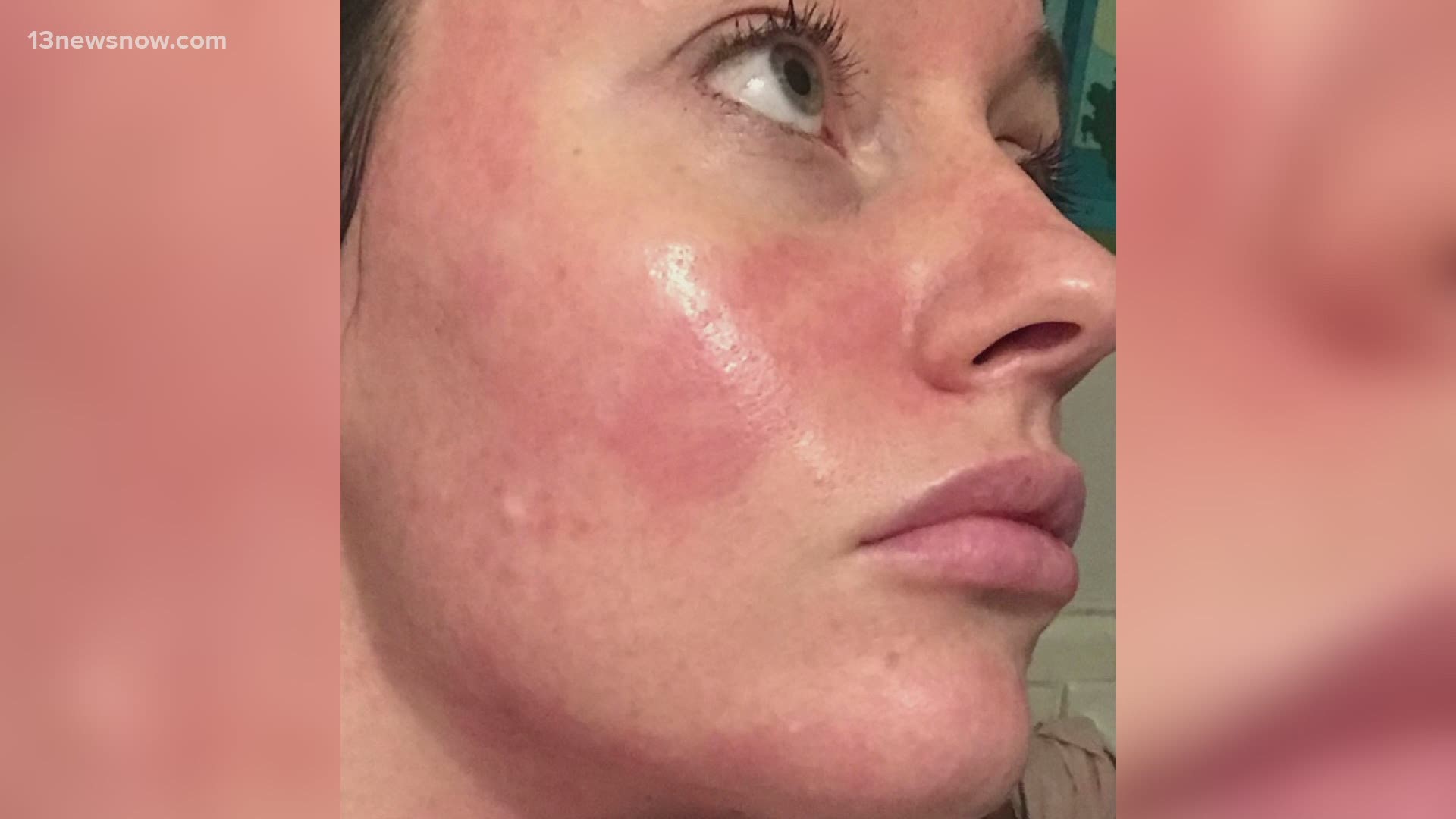NORFOLK, Va. — It’s Meagan Reily’s passion: photography.
The Norfolk woman is typically full of energy as a self-employed photographer and single mom.
Her busy day-to-day routine changed back in July 2020.
Reily developed COVID-19 symptoms, but struggled to get a COVID-19 test. Later, she tested positive for COVID-19 antibodies.
It didn’t end there, though. Eight long months later, she’s still grappling with debilitating symptoms. Reily said she’s gone through five rounds of antibiotics, but new symptoms show up every week.
“It got to the point where doing everyday things was exhausting, I felt very very ill,” said Reily.
“I was struggling to inhale and exhale. I was winded, I was exhausted. I had weird symptoms. My throat was swelling up, it felt like I had post nasal drip. It just went on forever. At night time, it felt like there was someone sitting on my chest. I ended up getting checked out at the emergency room.”
She said last month, doctors finally told her she’s a COVID-19 "long hauler," also known as Post-Acute COVID-19 Syndrome. The diagnosis came after months of doctors visits and unanswered questions.
Symptoms of the syndrome include: extreme fatigue, exercise intolerance, racing heartrate, headaches, shortness of breath, chest pain, brain fog, muscle pain and difficulty breathing.
Reily said doctors couldn’t explain why she’s a long hauler.
That's what health experts at the National Institute of Health were trying to figure out in February.
This week, the NIH announced that it launched a billion-dollar initiative to learn more about long haulers. The study will look into what causes long-term COVID-19 symptoms, and who is vulnerable.
Dr. Anthony Fauci said some studies have shown that up to 30% of patients have reported symptoms that can last up to nine months.
It’s something Reily is all too familiar with.
“There have been times in the last eight months where I’ve started to feel better, and some of the sinus, throat, and chest issues will feel like it comes back again,” said Reilly.
“It’s been a rollercoaster," she said. "This is the most well I’ve felt in the last eight months, and I hope it continues.”

